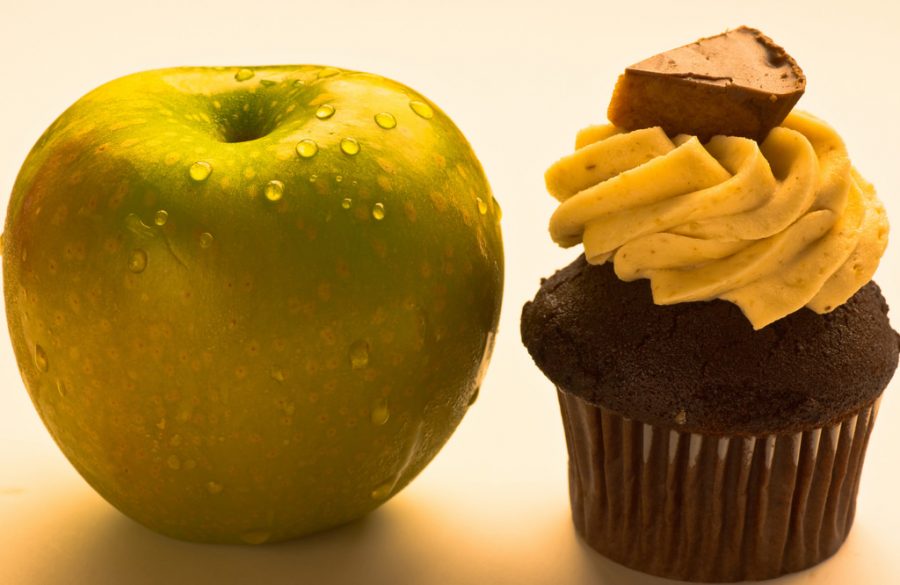New Year’s Resolution: Consume a Healthier News Diet
Resolving to eat healthier is a common new year’s resolution. Moving away from the holiday gluttony of dips and roasts and cookies can be difficult–after all, in our society, it’s fast, cheap and easy (not to mention addictive) to feed our cravings for junk.
While many of us will resolve to try to slow down and make better food choices, so also must we resolve to drastically improve our news media diets while teaching and encouraging our students to do the same. It’s quick and easy to read headlines on social media, share articles without reading them and follow and believe only sources of information that deepen confirmation bias. It might seem time-consuming and more expensive, but the health benefits certainly make the extra efforts worth it.
Here are some tips for embracing a healthier news diet:
1. Take some time to understand the historical context of “fake news”: Politico’s “The Long and Brutal History of Fake News” takes us back to Gutenberg’s invention of the printing press in 1439 and helps us understand the conversations we’re having today.
2. Read Steve Inskeep’s excellent analysis and commentary at NPR about this “post-trust” era that we are attempting to navigate (as news consumers, educators and journalists). He quotes Ronald Reagan’s adage of “Trust but verify” as he presents his own thorough “Finder’s Guide for Facts.”
3. Good journalism costs money. Make a pledge to invest in local and national news media by subscribing to print and online sources and donating money to public media.
5. Utilize mobile apps so news it at your fingertips (and not just via Facebook). NPR News, BBC News, AP News and PolitiFact offer great mobile options.
6. Read articles closely and determine their worth before sharing–or commenting on–them on social media.
7. When breaking news occurs, consume news carefully. See the “Breaking News Consumer’s Handbook” from On the Media for guidance, and share the infographic widely.
Tabloid gossip, memes, out-of-context quotes and headlines that reinforce our world views are tempting and addictive, yet they don’t encourage us to learn and grow. Let’s be resolute–in our personal lives and in our classrooms–in changing our news media diets. It might mean slowing down, challenging ourselves and paying a few extra dollars, but we’ll be much healthier for it, as citizens and educators.




Crestin Jones • Apr 22, 2017 at 6:32 am
Hello Leigh Kolb,
You blog seem really nice and proves is knowledgeable for the society. If anyone is looking for journalism scholarships then just go for – “The Ohio Legislative Service Commission Telecommunications Fellowship.
Application Deadline April 30, 2017
Link- http://usascholarships.com/ohio-legislative-service-commission-telecommunications-fellowship/
You can also join our Face book page to get the latest updates: https://www.facebook.com/MyUSAScholarships?fref=ts